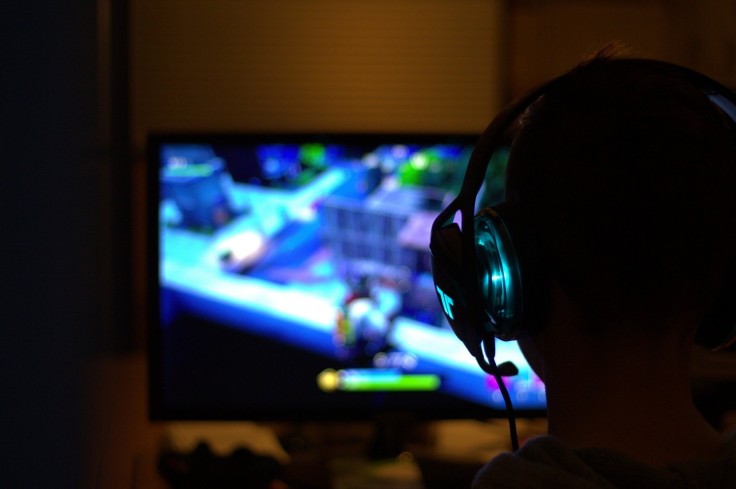
Epic Games, creator of the popular Fortnite video game, has been hit with a new lawsuit that alleges the game is as "addictive as cocaine" and that Epic has targeted children with its marketing. The popular game is played by more than a quarter-billion people.
The Montreal-based law firm Calex Légal filed the class-action suit against Epic Games on October 3rd on behalf of a family in Quebec.
Parents Allege Epic Used Psychologists to Make Addictive
The parents that filed the lawsuit have two children, 10 and 15 years old that have become addicted to Fortnite. They allege Epic employed psychologists to help design the game to be as addictive as possible by taking advantage of how the brain works in youth.
Citing psychotherapist Dr. Anita Gadhia-Smith's research, they allege the game was designed to cause the brain to release the pleasure hormone dopamine when players play for a long period of time. They liken the tactics to those used in slot machines and casinos to manipulate players into wanting to play the game more often.
The lawsuit takes aim at these practices being used to target youth and make buying in game add-ons, battle passes and enhancements as irresistible as possible.
Epic does not comment on ongoing litigation and has not responded to any questions about the allegations.
Legal Experts Are Skeptical of the Lawsuit's Potential Success
"Most video game lawsuits involve copyright infringement, patent or financial issues. Almost every game is carefully designed to be addictive and be enjoyable to play. That's what successful video games do," according to Tsion Chudnovsky, a personal injury lawyer.
"Even though there are millions of highly addicted kids playing Fortnite, this legal claim is very unlikely to be successful if filed in the United States. Epic is more likely to be worried about new legislation that would regulate loot boxes and addictive micro transactions for children."
Sen. Josh Hawley (R-Mo) has introduced "The Protecting Children from Abusive Games Act," that would stop developers from being able to "monetize addiction." The bill's goal is to protect children from compulsive pay to win micro-transactions.
'Gaming Disorder' Disease Added by World Health Organization
The plaintiffs reference a new 'gaming disorder' disease added by the World Health Organization (WHO) to their classification of diseases.
WHO states that "For gaming disorder to be diagnosed, the behavior pattern must be of sufficient severity to result in significant impairment in personal, family, social, educational, occupational or other important areas of functioning and would normally have been evident for at least 12 months."
Lawsuit Seeks Damages and Refunds of In-Game Purchases
Fortnite is free to play and uses in-game purchases to generate revenue. V-Bucks are used to buy battle passes, unlock timed challenges, in-game rewards and and cosmetic upgrades for players.
The plaintiff parent's 10-year old has played 1,800 matches in the past seven months and spent CA$600 on the game. Their 15-year old has spent between CA$300 and CA$400 on the game and has played over 7,000 matches.
Video games have been called out by politicians and parents for years for everything from divorce to school shootings. Parents have long claimed that children are susceptible to the manipulation of publishers due to a lack of self-control.
The plaintiff's lawyer likens the video game industry to the tobacco industry. She claims that video game publishers have failed to warn players of the addictive nature of video games.
Fortnite sales have been struggling lately, with a 43% drop before the Chapter 2 reboot was released. The defendants in the case may be able to use the slumping sales in their defense that their game has not caused addictive behavior in tens of millions of players.
History has shown that whichever game is popular at the moment is blamed for youth issues of the day. In this case, Epic is being sued for problems that can be resolved by parenting.










